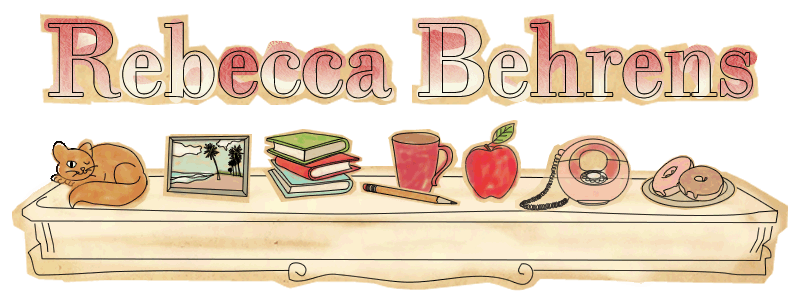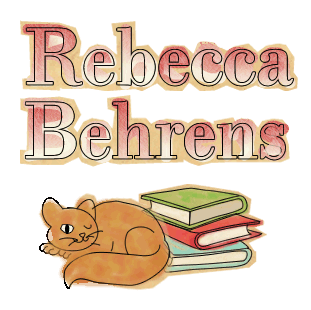How many of you writers have found yourself thinking any of the following:
- I only got an agent/got published/won an award because of luck, or because I wrote the right thing at the right time.
- So what if I wrote that book, now I have to write another. And it has to be better.
- I can’t believe nobody has picked up on the typos in Chapter 7 or that terrible passage I didn’t cut in Chapter 19. Eventually, someone will and then they’ll all see what a hack I am.
- I didn’t deserve to get so much praise for that book/attract the attention of some agents/get published. What I do isn’t half as good as writers X, Y, and Z. It’s not even a thimbleful as good.
- If [insert your favorite writer here] had written what I wrote, maybe then it would be decent.
- I’m not a *real* writer.
Persistent self-doubting thoughts might be fleeting bouts of insecurity, or they might be a sign that you’re suffering from impostor syndrome. Which is a real thing:
Do You Have the Imposter Syndrome?
Imposter Syndrome–Feeling Like a Fraud
[Note: Apparently “impostor” and “imposter” are both accepted spellings? Merriam-Webster was a little confusing on this one.]
I should know. One of the speakers at my grad-school orientation gave lecture about the dangers of the impostor syndrome in academia. Sitting in the audience, after a couple of stress-filled days in which my internal mantra was What the hell am I doing here?!?!, I had an impostor-syndrome epiphany: You mean I’m not the only person who feels this way? Who thinks that eventually everyone else in my department will figure out that I’m the village idiot who slipped through the admissions cracks? Apparently, I was not.
It’s easy to slip into impostor thought patterns as a writer. It’s easy to overlook the laudable and successful things you’ve done (no matter what stage of the publishing process you’re at) and write them off as flukes, luck, frauds. If you ever receive a compliment for your writing and your response begins with but/actually/no, I really just/or some other modifier instead of “Why, thank you. That’s so wonderful to hear”–congrats, you’re acting like someone who thinks s/he is an impostor.
Being humble is good. Being realistic is good. Knowing your strengths and weaknesses is good. Being open to criticism that makes you grow and evolve and improve is good. Thinking that you are an impostor is bad. It’s not productive, just stressful.
If you write, you are a writer. If you’ve experienced success, you most likely deserved it. Ignore impostor-y thoughts and focus instead on enjoying the writing process, which always involves occasional mistakes, usually followed by growth and improvement.
Girl you know it’s true: you are not like Milli Vanilli.



Great post! And is it wrong that I still like Milli Vanilli?
I’m in the “I’M AN IMPOSTER” phase right now. Does that mean I can pull off one of those badass jackets?
Guys, I still love Milli Vanilli. I’m not going to lie.
And Kara, I’ve also been extra impostor-y lately, and YES you could totally rock one of those jackets.
This is wonderful advice. We all get these self doubts and it’s nice to know when to recognize it before getting yourself into a self-defeatist slump.
Excellent post!
This is a great post! I had to shake off feelings like these the other day.
Thanks, Chary and D. L!